Making the case for a green stimulus
|
|
Many academics and economists are saying that the COVID-19 crisis presents an opportunity to fix the economy and address climate change.
Governments around the world are rolling out economic stimulus plans worth trillions of dollars. Instead of returning to a pre-crisis status quo, why not commit to programs that bring better living and working conditions, and address the larger ecological crisis at our doorstep?
Today in The Conversation Canada, we have a couple of stories that argue for green stimulus packages. Kyla Tienhaara, from Queen’s University, looks back at the response to the 2008 global financial crisis and offers some tips and advice for an effective green stimulus. And Carolyn Whitzman, from the University of Ottawa, notes that while the COVID-19 pandemic has exposed gaps in our social safety net, past pandemics have often brought social reform.
Could the pandemic have a silver lining?
Also today:
All the best,
|
Hannah Hoag
Deputy Editor | Environment + Energy Editor
|

|
|
Today's Featured Articles
|
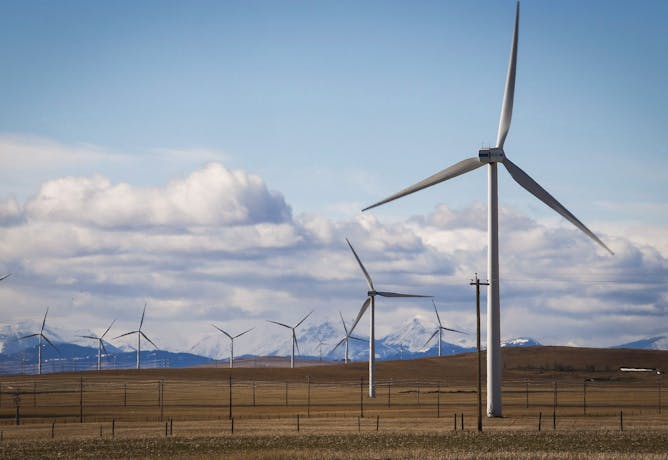
Green energy can be at the heart of government stimulus plans.
THE CANADIAN PRESS/Jeff McIntosh
Kyla Tienhaara, Queen's University, Ontario
Governments can staunch the current economic collapse without returning to the status quo.
|

Past disease outbreaks improved the way we lived. If governments are smart, COVID-19 could do the same.
(Shutterstock)
Carolyn Whitzman, L’Université d’Ottawa/University of Ottawa
Historically, pandemics have brought about profound societal improvements. Will that happen this time?
|

Pay attention to scientist-driven recommendations. There is no evidence that kissing through a mask — as depicted in this image— is a safe practice. Now is a good time to exercise your imagination and practise a different kind of safe sex.
(Street art in Bryne, Norway, by Pøbel. Photo by Daniel Tafjord/Unsplash)
Gonzalo R. Quintana Zunino, Concordia University
During the COVID-19 pandemic, sexual activity may pose risks of transmission. A sex researcher shares information on how sex relates to the current pandemic, and how to prevent transmission.
|

A man takes a selfie with the Olympic rings in front of the New National Stadium in Tokyo on the same day the International Olympic Committee announced the 2020 Summer Games would be postponed.
(AP Photo/Jae C. Hong)
Maxwell J. Smith, Western University; Laura Misener, Western University
The decision to reschedule the Olympic and Paralympic Games was the right move. But how should we decide whether and when the Games should now be held?
|
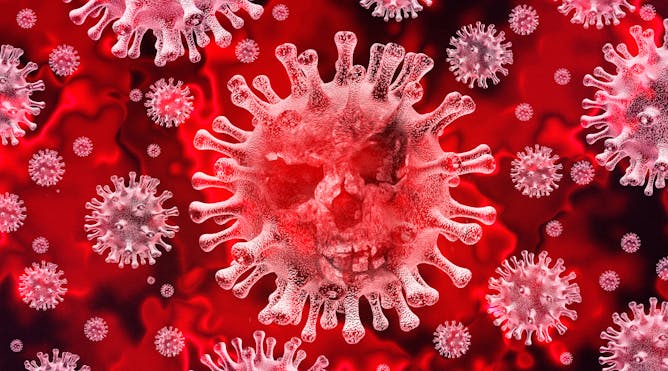
Research on coronaviruses and their enzymes informs responses to the pandemic.
(Shutterstock)
John Bergeron, McGill University
Previous and current research on coronaviruses helps inform the response to the current pandemic, but funding cuts could threaten these programs.
|
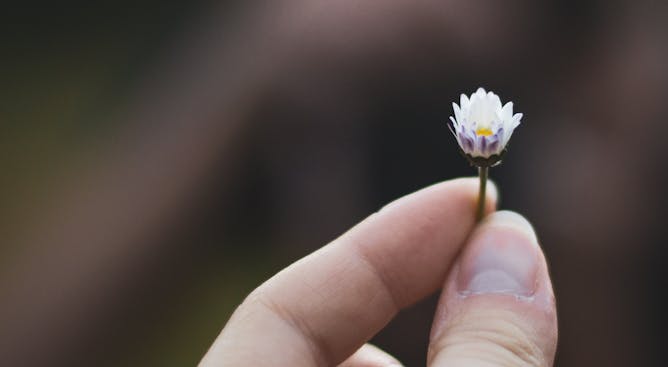
We’re best able to tailor our acts of kindness to the needs of those around us when we see from others’ points of view.
(Anastasiia Pyvovarova /Unsplash)
John-Tyler Binfet, University of British Columbia
One way to maintain our well-being might be to reflect on others' needs and devise ways to be quietly kind.
|
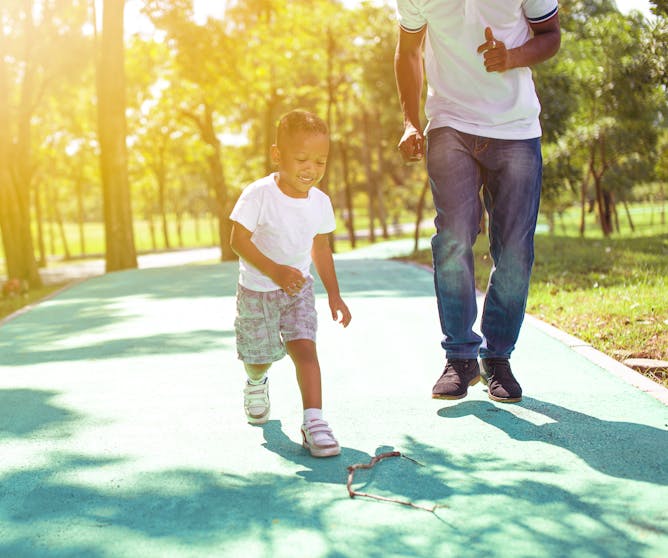
African Canadian communities in Nova Scotia use community green spaces like parks, parking lots and other open spaces to gather, celebrate and strengthen community ties.
(Shutterstock)
Richard leBrasseur, Dalhousie University
Nova Scotia's African Canadian communities have grappled with racism for decades. By looking at community green spaces, we can see how they serve the community's unique needs.
|
La Conversation Canada
|
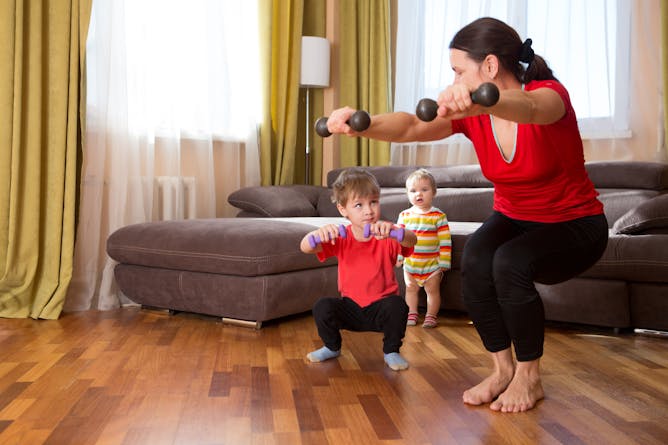
La recette pour bien vivre cette période de confinement est simple : bouger, bien manger, dormir, relaxer, gérer ses écrans et… s'amuser.
shutterstock
Tegwen Gadais, Université du Québec à Montréal (UQAM); Maud Deschênes, Université du Québec à Montréal (UQAM)
Le confinement modifie radicalement notre mode de vie avec nos enfants. La recette pour bien vivre cette période est simple : bouger, bien manger, dormir, relaxer, gérer ses écrans et... s'amuser.
|
Health
|
-
Katharine H. Greenaway, University of Melbourne; Alexander Saeri, Monash University; Tegan Cruwys, Australian National University
Victoria now calls it 'physical distancing' and federal messaging needs to do the same.
|
|
Business + Economy
|
-
Nader Habibi, Brandeis University
Countries have tried a variety of approaches to contain the spread of COVID-19 — except a coordinated one.
|
|
COVID-19
|
-
Alexander Edwards, University of Reading
Scientists are working hard to develop reliable tests that can detect anti-virus antibodies from past infection.
|
|
Arts
|
-
Jodi McAlister, Deakin University
Readers often turn to romance fiction in times of uncertainty. Here are five reads for the newbie romance reader, for when you need a story where everything turns out OK in the end.
|
|
| |
| |
| |
| |
| |
| |
|
|